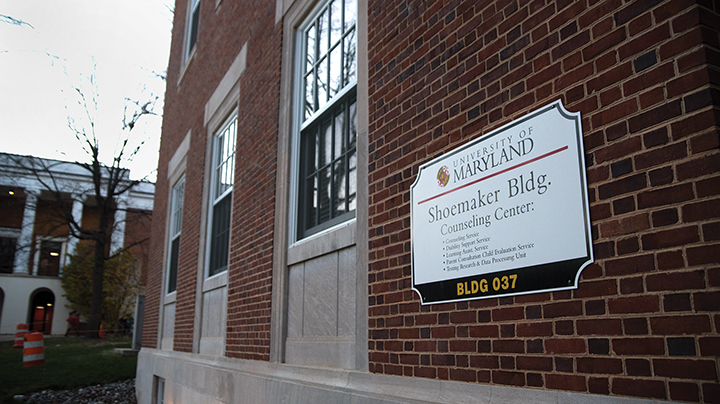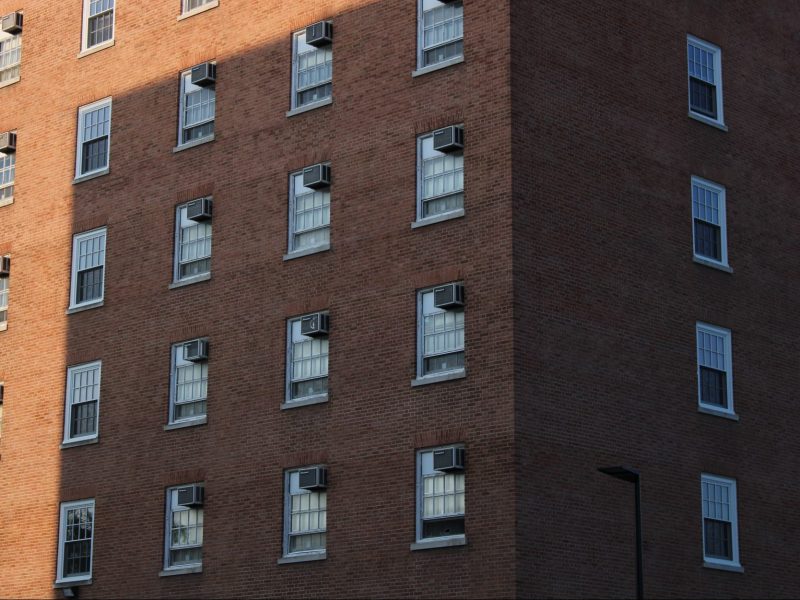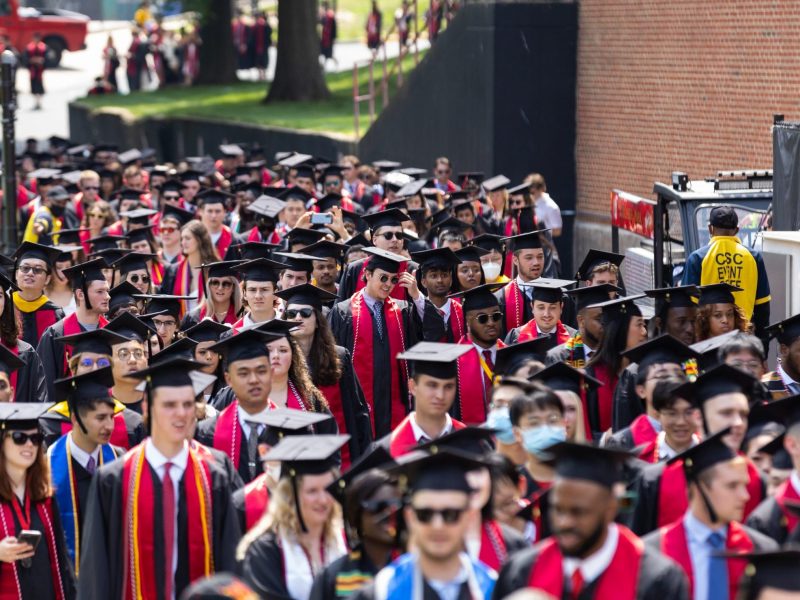Views expressed in opinion columns are the author’s own.
The Haven at College Park will open next fall. This new program will include privately run off-campus housing and outpatient clinical services for University of Maryland students in recovery for substance addiction. This program will create a support system for students in recovery. Although this program is exciting and necessary for students recovering from addiction, the need for a private organization to create these programs highlights how the university itself is not meeting the mental health needs of its students.
Addiction recovery is one element of mental health treatment that has been particularly lacking on this campus, and the Counseling Center director, Sharon Kirkland-Gordon, has said this university’s services need to improve. While The Haven will help address this particular issue, it does little to address the larger issue of neglected mental illness at this university.
[Read more: UMD students recovering from addiction can opt for an off-campus housing program next fall]
The University of Maryland has a student population of more than 38,000 at the College Park campus. Across the United States, 41.6 percent of college students are reported to have anxiety and 36.4 percent are reported to have depression. In college, 1,100 students commit suicide each year, making it the second-leading cause of death for students. More than half of all college students report having suicidal thoughts, while 1 in 10 seriously considers a suicide attempt. Despite this reality, this university has not provided sufficient resources to its large student population.
The Counseling Center is the main resource for students experiencing mental illness. This center employs 10 staff psychologists, three part-time psychologists and four interns who are psychological doctoral students. With so few psychologists serving such a large student population, there is no way the need can be fully met. In the 2015-16 academic year, 2,264 students made an intake appointment for counseling services. This appointment serves to determine the nature of the student’s issue and the best method of treatment. However, with so many students making these appointments, wait times for an intake appointment could end up being weeks.
Following the intake appointment, students are assigned to individual counseling, group therapy, couples therapy or a workshop. This assignment depends on student preference, recommendations from the intake appointment and availability. Specifically, individual counseling typically has a wait list. While on that wait list, students can utilize the group therapy or workshops, but with mental illness being such a personal and stigmatized issue, it is reasonable to assume many students would not be comfortable being fully honest in those settings. These students have to wait until an individual counselor has an opening, which may be weeks. In fact, only 47 percent of students start any sort of counseling sessions within two weeks of an intake appointment.
Furthermore, once counseling begins, students are limited to eight sessions in a year. It does not matter how much the student has progressed in that time. After eight sessions, the student is no longer eligible for individual counseling until 12 months have passed. Thus, students who have serious mental heath concerns may be abandoned from their care after opening themselves up and being vulnerable with a therapist. Their experience likely begins with a lengthy wait for an intake appointment, followed by a waiting period of weeks or months to receive actual counseling. Then, this counseling will be abruptly cut off after eight sessions, regardless of the needs of these students.
This university treats mental illness as something that can be ignored and put on hold. Students deserve better. They deserve to have an administration that invests more in their mental health. They deserve a university community that cares about them.
Mitchell Rock is a senior government and politics and physiology and neurobiology major. He can be reached at mrock13@umd.edu.



